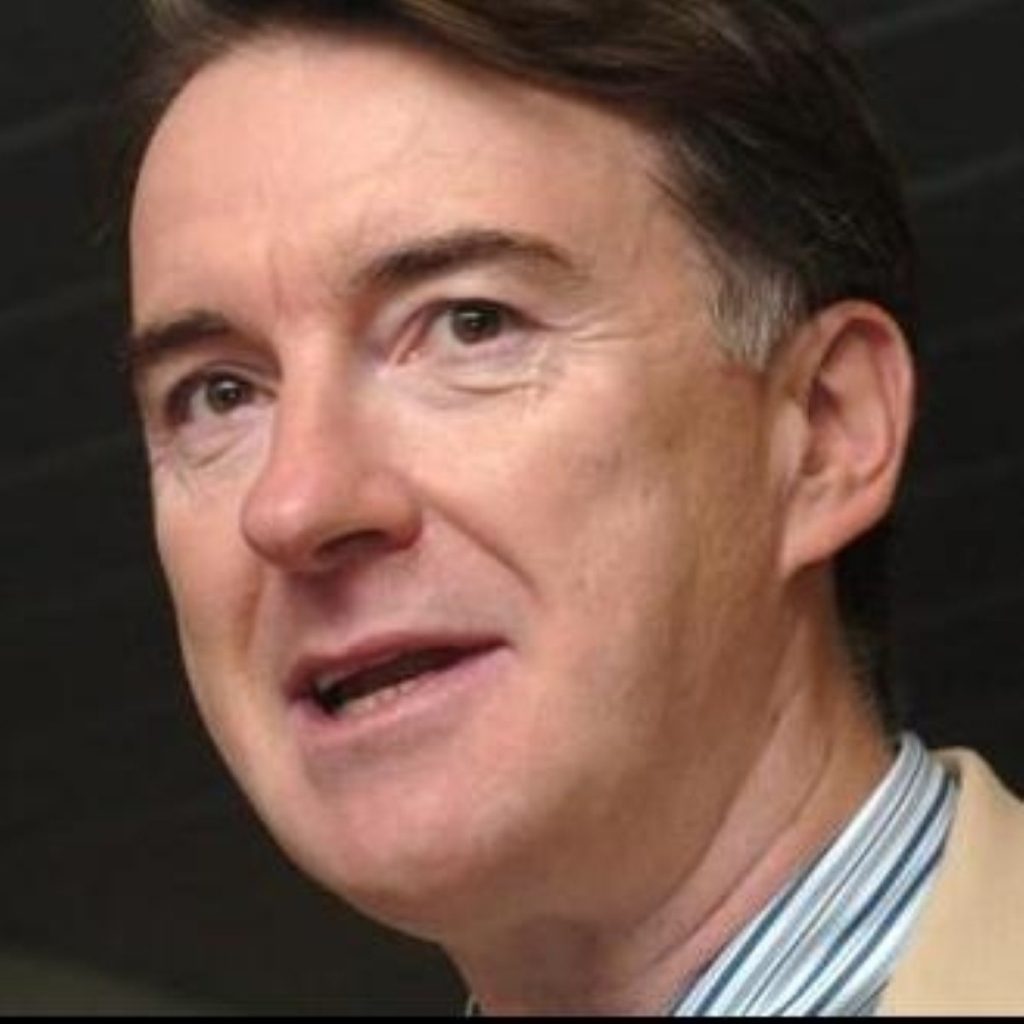Analysis: Mandelson returns
The prince of darkness is back in Cabinet, but why?
He was never liked by Labour, he was despised by the public – who saw in him the personification of Labour spin – and he was the sworn enemy of prime minister Gordon Brown. So what on earth is he doing back in power?
Well, Peter Mandelson has two important saving graces. Firstly, he is a highly experienced trade commissioner, having done several years of sturdy work in the EU. Secondly, he and Mr Brown agree entirely on trade and financial matters – specifically anti-protectionism. These two factors make him suddenly important, a potential lifesaver as Labour tries to navigate itself through the current economic chaos.
It’s a dangerous move. On the plus side, Britain gets a strong, proven trade minister. On the downside, the potential for schism at the height of government increases and an unpopular Labour administration has thrown an unpopular face in front of the TV cameras again.


The decision also indicates that tensions between the Blairite and Brownite tribes may be beginning to thaw, with a resurgent Tory party, a successful conference and global financial chaos unifying the party.
Politically, the move fits into the reshuffle as a further advertisement for how seriously the government is taking the economic crisis. Whatever else people might think of him, Mr Mandelson is a heavy hitter on this sort of thing. Years organising EU trade, and standing up to the protectionist instincts of volatile leaders like France’s Nicolas Sarkozy, will either kill you or make you stronger. It did not kill him.
So Mr Brown has parachuted Mr Mandelson in as the centrepiece of his ‘economic reshuffle’: A serious figure to head a reorganised – possibly renamed – Department of Business, Enterprise and Regulatory Reform. A newly created National Economic Committee to spot ailing banks and swiftly act to shore them up, either through nationalisation or merger. The (frankly, window-dressing) of high-level businessmen like Sir John Bond, Vodafone chairman, brought into government.
It is all meant to communicate one message: We are on-top of all this madness. We are taking it seriously. We have the best team, the most experience, and the will to take decisive action to ride the UK through the troubled times ahead. The Cabinet reshuffle, and specifically Mr Mandelson re-introduction to British political life, is a continuation of Labour’s chief line of attack and should be considered a direct riposte to David Cameron’s speech on Wednesday.
There, Mr Cameron argued judgement and character are more valuable than experience. Today’s reshuffle is designed to prove that argument wrong.
But the move also has a secondary function, which is to relax those nervous about a left-ward drift in the government. Mr Brown can now speak out against ‘fat cats’ and push for much firmer regulation of the markets, while pointing at Mr Mandelson and other recruits, such as Sir John, as evidence of his continued occupation of the centre ground.
Ian Dunt












